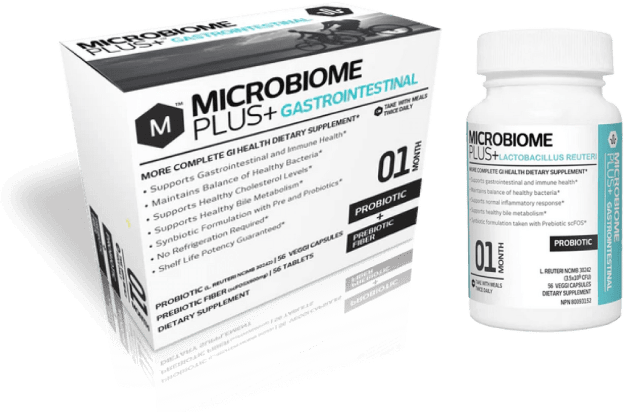A proper gut health can improve the way you feel daily. Prebiotic fiber helps feed the beneficial bacteria in the digestive system. However, not every supplement can be the same. This is how you can find the prebiotic fiber supplement that best suits your body and lifestyle.

Understand What Prebiotic Fiber Does
Prebiotics are fibers, unique to plants, that your body does not absorb. They instead enter your system, where they serve as food for beneficial intestinal bacteria.
Know What You’re Aiming For
Consider what you need in a supplement. Inulin may come to the rescue in case of inefficient digestion. Want to reduce or manage your appetite or support blood sugar? Dietary fiber is good to consider. GOS could be the best choice you make to strengthen your immune system. Mix the supplement with your wellbeing objectives.
Make Sure It Fits Your Diet
Check the label again if you have an allergy or a specific dietary requirement. Not all of the supplements are gluten-free and vegan. Keto-friendly foods, such as acacia fiber, have minimal carbohydrates. By choosing one that fits your dietary preferences, you will be able to stick to it and remain adherent, as you will feel good using it.
Pick the Right Fiber Type
All these types of prebiotic fibers act differently. Inulin promotes regularity, while FOS and GOS help build up beneficial bacteria and acacia fiber is non-stimulating for sensitive guts. Resistant starch aids in metabolism and insulin regulation. Being aware of this knowledge can help you choose a fiber that is most suitable for your body’s needs.
Select A Form that Suits You
The prebiotic fiber supplements are available in various forms, including powders, capsules and chewables. Powders will not be a problem to mix into drinks or foods. Capsules are easy to ingest, although they may contain less fiber than other forms of fiber. Gummies are not only sweet, but they sometimes contain added sugar. Opt for what you feel easy with and do not take the dose in a large quantity, which causes stomach upset.
Read the Ingredients Carefully
Look beneath the label up front. Certain supplements contain fillers, sugar, or artificial flavours and these can be a mismatch to your health needs. Choose those containing natural, good-quality ingredients, organic or third-party tested, when possible. This can help ensure you get something safe, efficient and free from unnecessary extras that may harm your health.
Talk to a Doctor
It would be a good idea to consult a doctor if you have any medical conditions or are taking medication before trying anything new. To ensure that you overcome side effects and stay on the right path, a healthcare provider can recommend the best type and dose of prebiotic fiber for your particular case, thereby avoiding undesirable consequences.
Final Thoughts
The search for a suitable prebiotic fiber supplement is an individual matter. By considering key factors and taking your needs into account, you have a better chance of selecting something that suits your needs. Good gut health can positively impact several other aspects of your health and overall quality of life; it can also improve your digestion.

